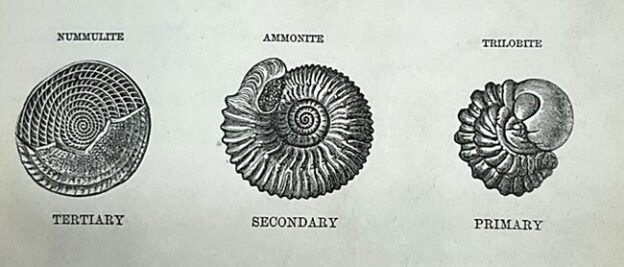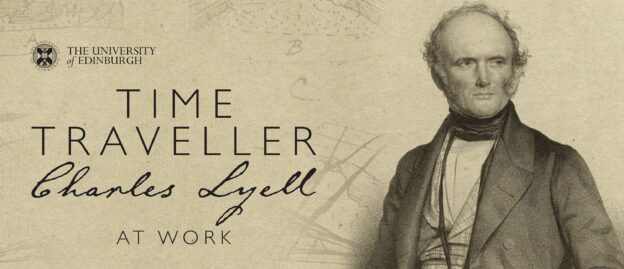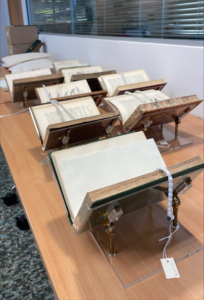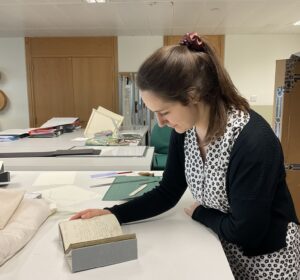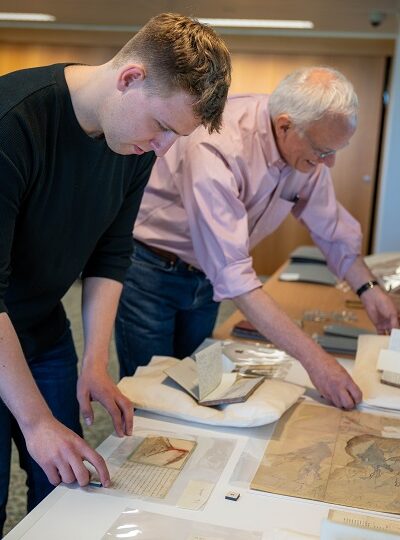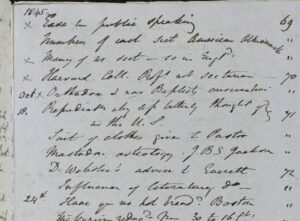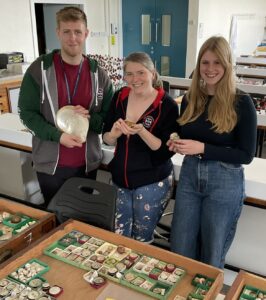Two-day workshop, 8-9 February 2024, University of Edinburgh
CALL FOR PAPERS
Contributions are invited to a two-day workshop on the life and work of the leading geologist and natural scientist Charles Lyell, to be held in the University of Edinburgh.
Building on the acquisition for the nation of the notebooks and archival papers of distinguished geologist and earth scientist Charles Lyell (1797-1875), our work towards the ‘Time Traveller’ exhibition and a soon to be launched Lyell dedicated website, we now invite papers for a 2 day workshop in Edinburgh.
The Workshop: Aims to provide a platform for persons interested in the life, work, and collections of Charles Lyell, and science in the nineteenth century, to come together to learn more of the Lyell materials held in Edinburgh, to explore how best to connect the disparate holdings of Lyell’s specimens and texts, and to consider future research possibilities on Lyell’s work and world.
Contributions in the form of a paper to be delivered at the Workshop are invited from persons working on any aspect of Lyell’s work and life, on the history of geology, or on related topics bearing upon Lyell’s writings and achievements. Contributions are also welcomed from curatorial or archival staff in institutions holding Lyell material or significant related material for an intended panel session on linking archival holdings and object collections across institutions. The Workshop will include an opportunity to see some of the Lyell materials held by Heritage Collections, and the Cockburn Geological Museum at the University of Edinburgh, and to visit the Exhibition.
Paper contributions: Papers should be 15 minutes in length (paper sessions are planned for 15-minute papers, 5 minutes discussion per paper). Please provide a title, an abstract (100 words), your title and institutional affiliation (if any), and an email address. In selecting papers for the Workshop, preference will be given to PhD or other research students and to Early Career Researchers.
Panel session contributions: Please be prepared to speak for 5-6 minutes on the Lyell material in your institution’s holdings and the opportunities it presents for further research.
To Contribute: Please send in your proposed contribution to Professor Emeritus Charlie Withers via email to: c.w.j.withers@ed.ac.uk by Friday 10 November 2023. It is hoped that the Workshop Programme Committee will reply within two weeks of this date to confirm your involvement or not.
A confirmed Workshop Programme will be available soon after this in which further details will be given on location, timings, and costs of delegate attendance at the Workshop.
We look forward to hearing from you!

